News
The Naira’s Decline and Economic Implications in Sub-Saharan Africa
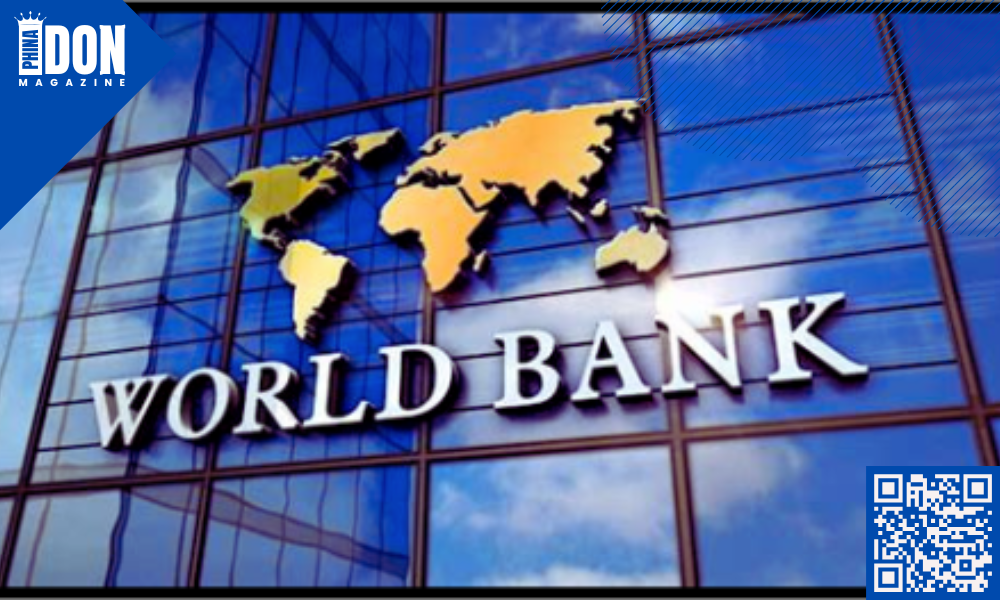
As of August 2024, the Nigerian naira is officially recognized as one of the worst-performing currencies in Sub-Saharan Africa, a designation underscored by the World Bank’s latest report, “Africa’s Pulse.” The naira experienced a staggering depreciation of approximately 43 percent year-to-date, positioning it alongside the Ethiopian birr and South Sudanese pound in a category of weakness that signals severe economic distress.
The factors contributing to this alarming decline are multifaceted. A significant surge in demand for United States dollars in the parallel market has created immense pressure on the naira. This demand predominantly stems from financial institutions and non-financial end-users, which has been exacerbated by a scarcity of dollar inflows and delays in foreign exchange disbursements from Nigeria’s central bank. Despite the government’s attempts at reforming the foreign exchange market, including liberalization efforts initiated in June 2023, such measures have yet to yield the desired stabilization of the currency.
The ramifications of the naira’s depreciation extend beyond mere currency valuation; they permeate the lives of consumers and businesses alike. As the value of the naira continues to dwindle, imported goods have seen a marked increase in prices, further straining the purchasing power of Nigerian households. In contrast, while the naira falters, other currencies in the region, such as the Kenyan shilling and South African rand, have shown resilience and recovery, highlighting the varying economic trajectories within the continent.
Even amidst these challenges, there have been isolated signs of optimism. The naira recorded a modest appreciation of 5.69 percent against the dollar in mid-October 2024. However, this recovery was coupled with a significant decline in foreign exchange turnover, which plummeted by 44.27 percent within the same timeframe. Such fluctuations underscore the volatility of the naira and the persistent underlying economic challenges facing Nigeria.
The World Bank’s cautious outlook for Nigeria forecasts a projected Gross Domestic Product (GDP) growth of 3.3 percent in 2024, with a gradual acceleration expected into 2025-2026. Yet, the recent removal of fuel subsidies has led to a dramatic rise in gasoline prices, further intensifying inflationary pressures that peaked at 34.2 percent in June 2024. Though inflation showed signs of moderating, the continued escalation of fuel prices has the potential to reverse these gains, posing a formidable challenge to policymakers.
In conclusion, the plight of the naira serves as a microcosm of Nigeria’s broader economic struggles. While reforms and market adjustments are underway, the immediate future remains fraught with uncertainty. Addressing the systemic issues that have led to the naira’s depreciation will be critical not only for stabilizing the currency but also for fostering sustainable economic growth in Nigeria and the wider Sub-Saharan region.
News
President Tinubu Welcomes Queen Mary of Denmark to Aso Villa.
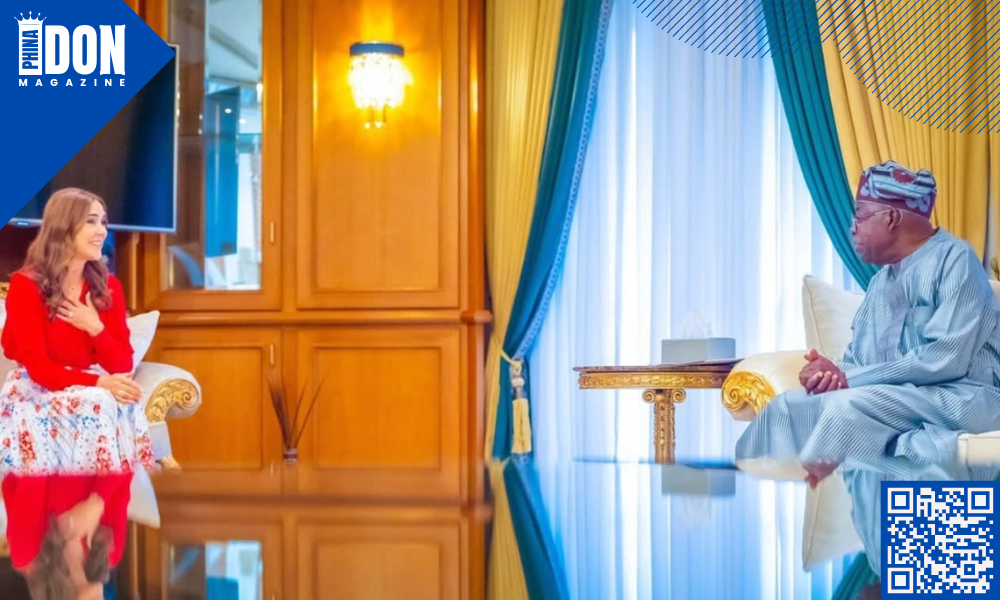
President Bola Ahmed Tinubu received Her Majesty Queen Mary Elizabeth of Denmark at the Aso Villa in Abuja on Tuesday. First Lady Senator Oluremi Tinubu was also present.
President Tinubu characterized the visit as a “distinct privilege,” highlighting the strengthening diplomatic relations between Nigeria and Denmark. He described the discussions as “warm, constructive, and forward-looking,” emphasizing mutual respect and shared values.
“Her Majesty’s presence here stands as a mark of goodwill, shared values, and a renewed commitment to deeper cooperation across key areas,” the President stated.
He reiterated his administration’s dedication to international partnerships aimed at fostering prosperity, improving the lives of citizens, and ensuring a sustainable future.
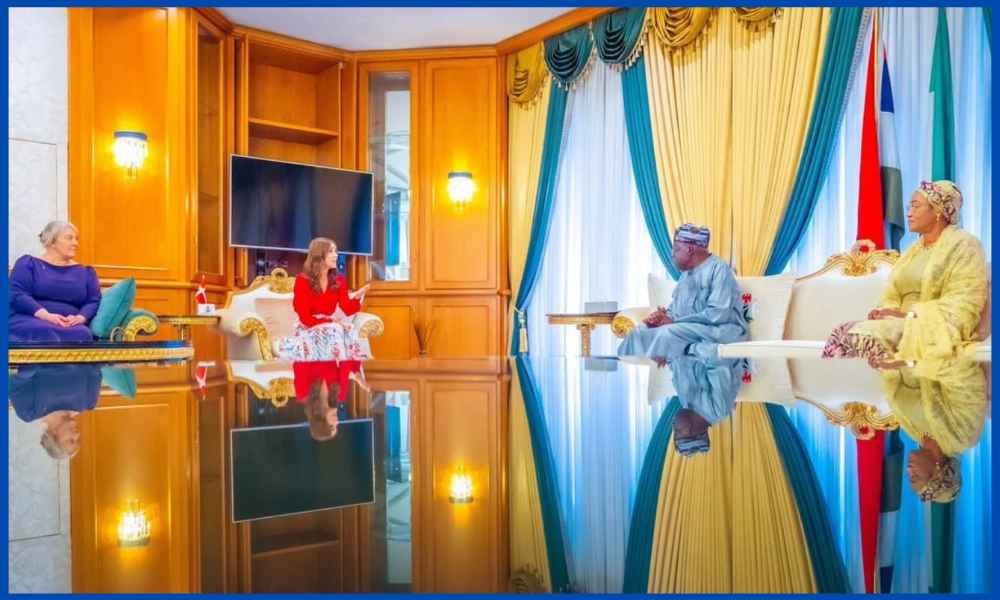
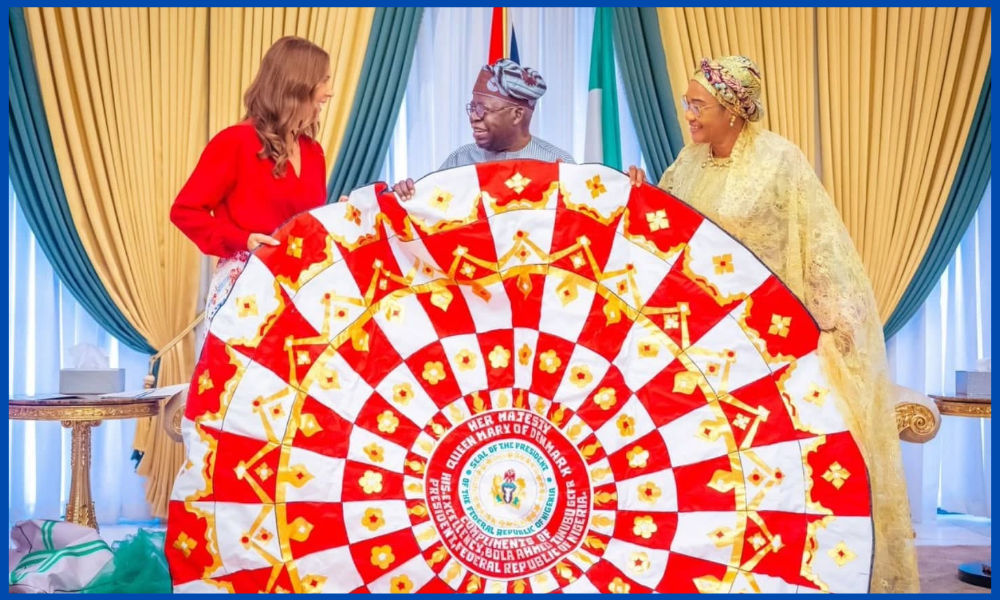
News
The Lagos State Government is Calling on Property Owners to Renovate their Buildings.
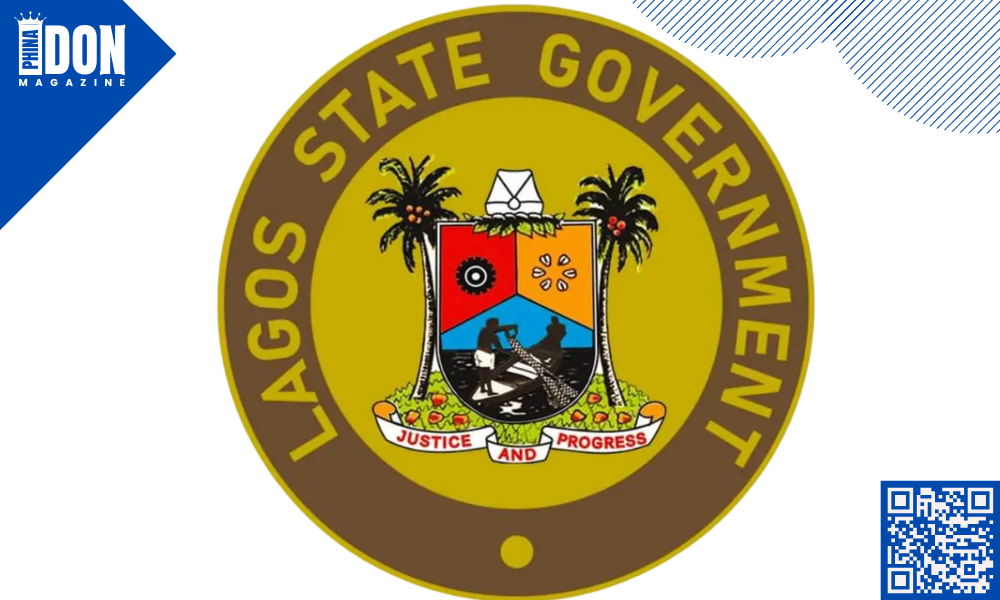
The Lagos State Government has called upon property owners throughout the state to conduct external renovations on their buildings, aiming to elevate the city’s aesthetic appeal. This appeal was issued on Tuesday in Alausa by the Commissioner for Physical Planning and Urban Development, Dr. Oluyinka Olumide.
Dr. Olumide stressed the significance of establishing a routine property maintenance culture. He encouraged residents to invest in enhancements such as repainting, facade improvements, and general refurbishments, noting their alignment with the Greater Lagos vision and the government’s T.H.E.M.E.S.+ agenda.
A particular appeal was directed towards owners of buildings situated along major highways and prominent roads, urging them to adopt consistent building renewal practices. Dr. Olumide highlighted the importance of supporting the State Government’s vision of “Making Lagos A 21st Century Economy” through these efforts.
News
Police gave N13.4m to Families of Dead Officers in Borno.

In a formal ceremony held at the Command Headquarters in Maiduguri on Monday, the Borno State Police Command disbursed a total of N13,428,659.95 to the families of ten police officers who died in active service.
Commissioner of Police in Borno State, CP Naziru Abdulmajid, presented the cheques on behalf of the Inspector-General of Police, IGP Kayode Egbetokun, under the Group Life Assurance and IGP Family Welfare Scheme.
According to ASP Nahum Kenneth Daso, the command’s spokesperson, the initiative aims to alleviate the financial burden faced by the bereaved families. CP Abdulmajid assured the beneficiaries that the sacrifices of their loved ones would not be forgotten, emphasizing the IGP’s commitment to the welfare of both serving and deceased personnel. He also advised the families to invest the funds wisely.
Mr. Jerry Joel, speaking on behalf of the beneficiaries, expressed gratitude to the Nigeria Police Force and the IGP for their support during their time of grief.
-
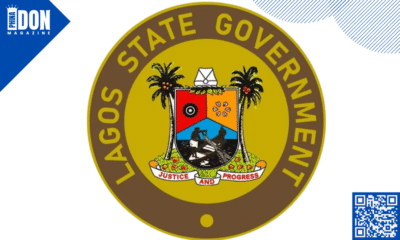
 News15 hours ago
News15 hours agoThe Lagos State Government is Calling on Property Owners to Renovate their Buildings.
-

 Birthday Shoutout9 hours ago
Birthday Shoutout9 hours agoCelebrating Nazo: A Birthday Tribute to a Remarkable Educator and Influencer.
-

 News15 hours ago
News15 hours agoPolice gave N13.4m to Families of Dead Officers in Borno.
-
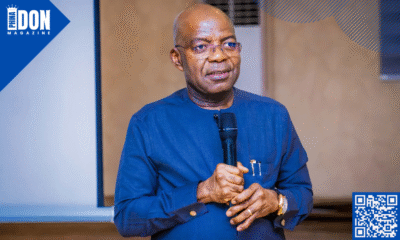
 News15 hours ago
News15 hours agoOtti Urged Media Practitioners not to Create Fear in Abia with Fake News.






